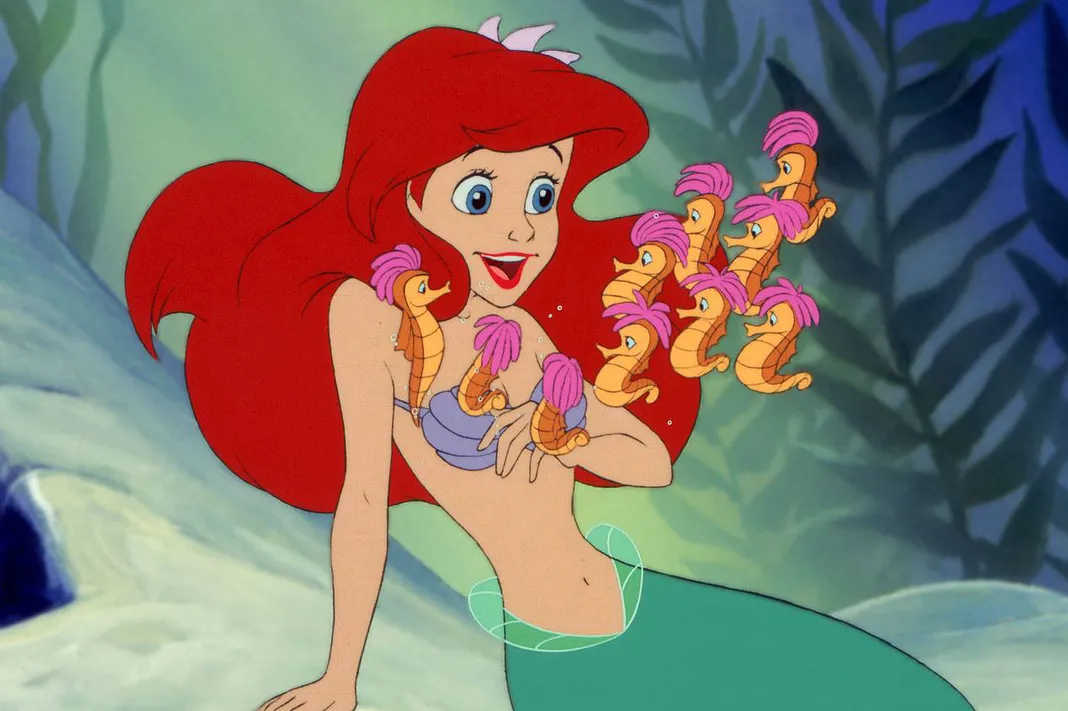
In 1989, The Little Mermaid was released, ushering in the Disney Renaissance and a golden era of animated sexism. The Little Mermaid is literally about a women losing her voice, a theme that has continued for the past three decades according to linguists Carmen Fought and Karen Eisenhauer. In the five Disney princess films produced from 1989 to 1999, male characters have on average three times as many lines as female characters.
Polygraph expanded on this study by analyzing an additional dozen or so Disney and Pixar films. What they found was that out of the 30 Disney films they studied, 22 were dominated by male dialogue. This trend holds true even in films headlined by women. Mulan for example, has 50% less dialogue than her dragon companion Mushu.
The driving factor behind this trend seems to be growing size of the Disney casts. The Disney Renaissance era was marked by larger, Broadway style ensemble casts which correlates to an increased number of male characters. Why? “My best guess is that it’s carelessness, because we’re so trained to think that male is the norm,” Eisenhauer explains, “So when you want to add a shopkeeper, that shopkeeper is a man. Or you add a guard, that guard is a man. I think that’s just really ingrained in our culture.” So while modern Disney movies are often praised for their strong, independent female characters, their stories are still laregly told by men.
For more information about sexism in Hollywood visit Polygraph.


